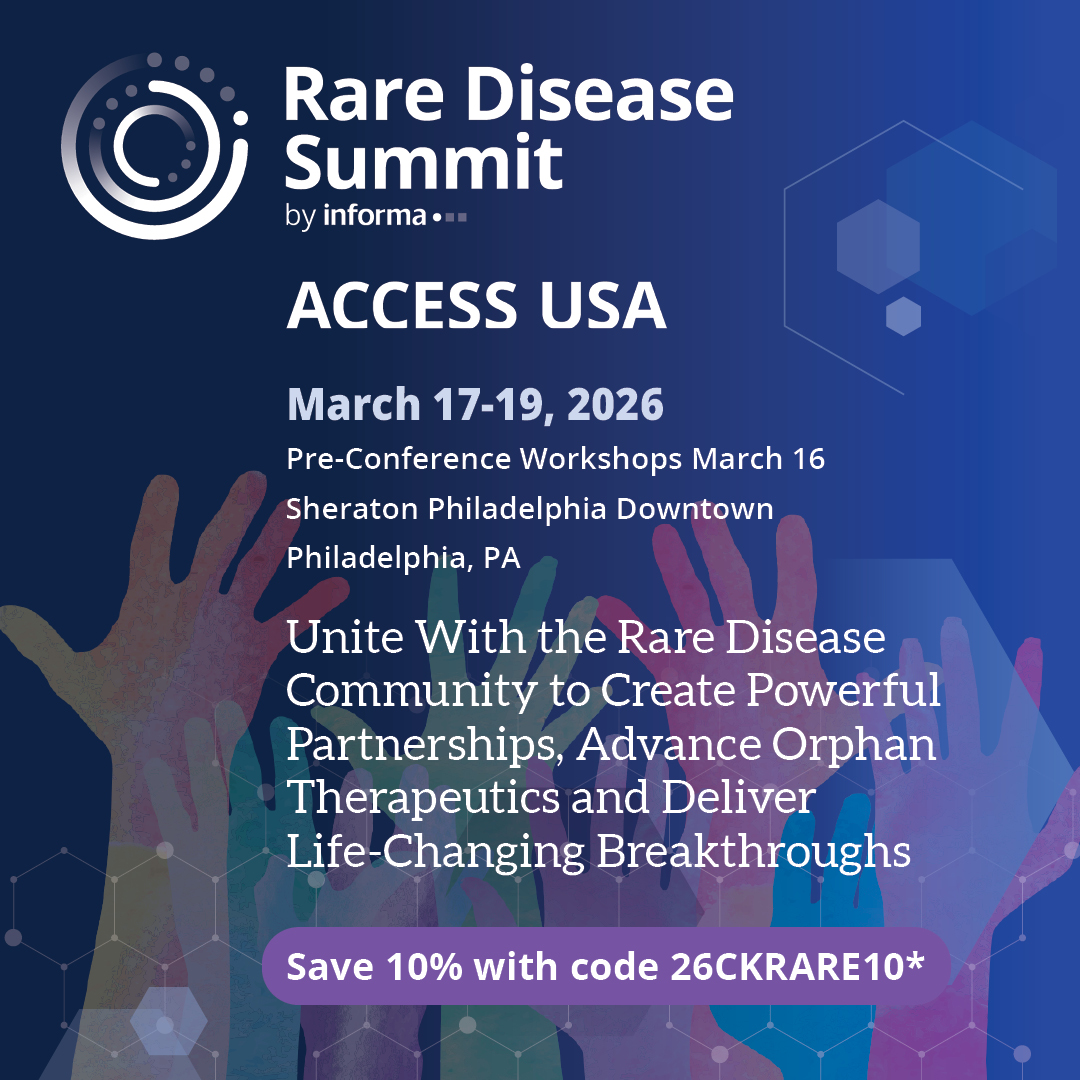The U.S. Food and Drug Administration has approved Dawnzera (donidalorsen) for prophylaxis treatment to prevent attacks in patients ages 12 years and older with hereditary angioedema (HAE).
HAE is a genetic condition characterized by recurrent episodes of severe swelling of the skin and mucous membranes. These attacks generally become more frequent after puberty, and continue throughout life, often affecting the skin, gastrointestinal tract, and upper airway. The most common areas of the skin that are affected include the face, hands, arms, legs, genitals, and buttocks. While skin swelling can cause pain, dysfunction, and disfigurement, it is not considered dangerous. When the gastrointestinal tract is involved, this may cause symptoms such as nausea, vomiting, diarrhea, and abdominal pain. The upper airway (like larynx and tongue) is less commonly affected, but can cause upper airway obstruction, which can be dangerous. Most airway attacks resolve before complete airway obstruction. Attacks may involve one area or a combination of areas of the body and typically go away on their own within 2 to 5 days. While people with HAE have reported various triggers of attacks, common triggers for attacks include emotional stress, physical stress, and dental procedures. Guidelines recommend the use of prophylactic treatment to avoid these attacks. HAE may be caused by genetic changes in the SERPING1 gene or in the F12 gene.
Donidalorsen is the first and only FDA approved RNA-targeted therapy for HAE. It is an antisense oligonucleotide designed to target prekallikrein mRNA to reduce the production of plasma prekallikrein, a protein that activates inflammatory mediators associated with HAE attacks. Donidalorsen is self-administered with a subcutaneous autoinjector once every four or eight weeks.
The approval follows positive results from the phase 3, global, multicenter, randomized, double-blind, placebo-controlled OASIS-HAE clinical trial of donidalorsen every four weeks in patients with HAE. The primary endpoint of the study was met with a significant reduction in monthly HAE attacks at a rate of 81% compared to placebo over 24 weeks. The mean attack rate reduction increased to 87% when measured from the second dose, meeting a key secondary endpoint. Donidalorsen was also observed to reduce moderate-to-severe HAE attacks by about 90% over 24 weeks when measured from the second dose.
These results are being further highlighted in the ongoing OASISplus open-label extension study in which donidalorsen every eight weeks has had a similar effect. The treatment demonstrated a 94% total mean attack rate reduction from baseline across both dosing groups after one year in the extension study. Also observed in a switch cohort is a reduced mean HAE attack rate of 62% with donidalorsen from prior prophylactic treatment over 16 weeks, with no mean increase in breakthrough attacks observed during the switch.
The safety and tolerability profile of donidalorsen has been favorable across clinical studies. The most common adverse reactions were injection site reactions, upper respiratory tract infection, urinary tract infection, and abdominal discomfort.
For more information, click here.
To learn more about HAE and other rare genetic conditions, visit https://checkrare.com/diseases/congenital-and-genetic-conditions/


